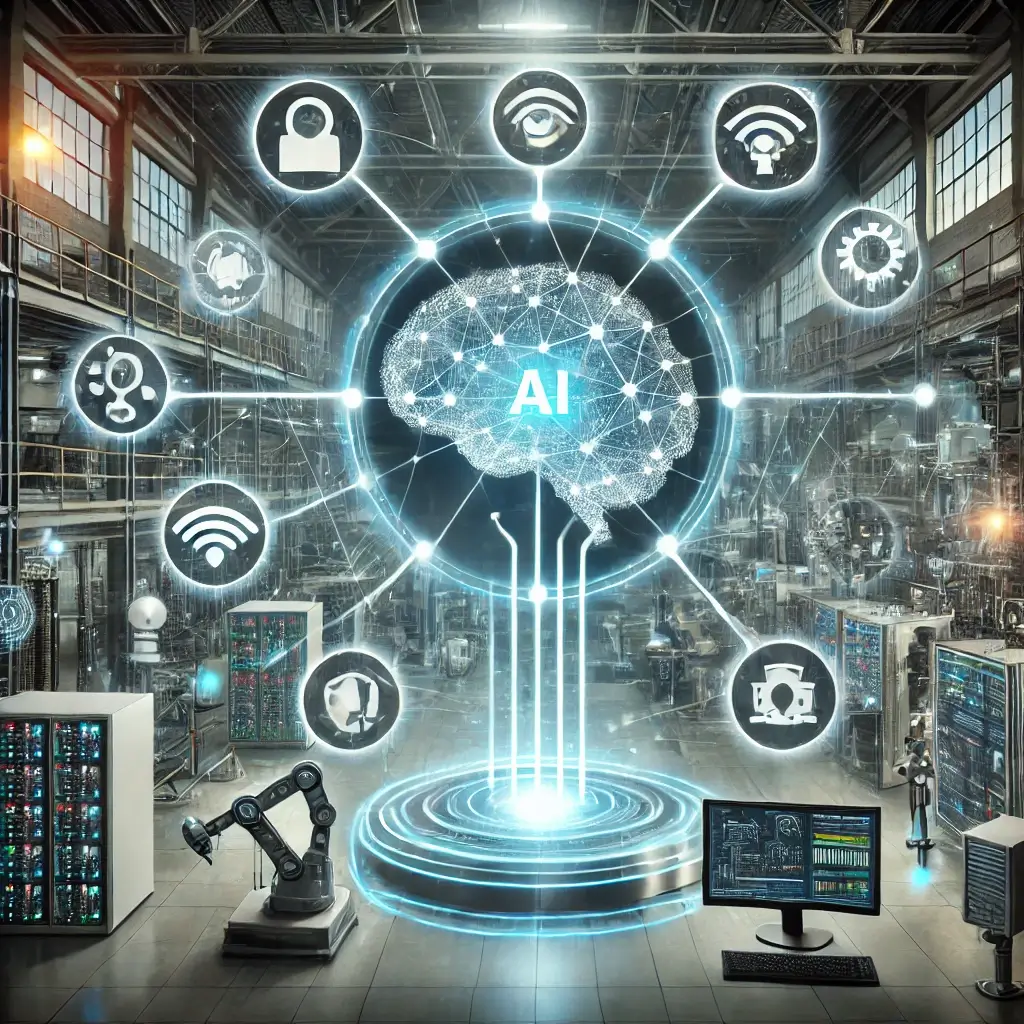The Industrial Internet of Things, more commonly known by the acronym IIoT, is profoundly transforming industrial environments by enabling unprecedented interconnection between machines and sensors. Thanks to this technology, companies can harness the potential of real-time data to enhance operational efficiency, optimize production processes, and reduce energy inefficiencies, thereby decreasing their carbon footprint. This comprehensive guide explores the definitions, developments, and use cases of IIoT while addressing the crucial security issues for Industry 4.0 systems. By reliably accessing data, manufacturers can break down data silos and benefit from the advantages offered by connectivity, leading to a true industrial revolution.
The complete guide to industrial IoT aims to provide a detailed overview of the use of the Internet of Things (IoT) in the industrial field. At the forefront of digital transformation, industrial IoT, also known as IIoT, plays a crucial role in the evolution towards Industry 4.0.
The basic definitions of industrial IoT involve the use of connected sensors, devices, and machines integrated into industrial processes to improve efficiency and productivity. Industrial IoT enables real-time data collection and analysis, providing the ability to make informed decisions and reduce energy inefficiencies.
The expected benefits are numerous: optimization of production processes, reduction of operational costs, improvement of energy efficiency, and decrease of carbon footprint. With IIoT, it is possible to enhance equipment performance and establish predictive maintenance, thus anticipating potential failures.
One of the main objectives of IIoT is to break down data silos and encourage interdisciplinary connectivity to improve the supply chain with the help of smart contracts. The implementation of these technologies requires careful attention to security and protection of connected infrastructures.
In terms of standardization, efforts are underway to define standardized communication protocols, such as OPC-UA, in order to enable interoperability between different systems and equipment.
The encountered challenges include securing systems, managing increasing data volumes, and adapting existing infrastructures. With the rise of technologies like 5G, which enable even faster and more reliable communication, IIoT continues to evolve to meet industry expectations.
Various use cases are already demonstrating the potential of industrial IoT. In automated production, for example, machines can operate autonomously, optimizing the efficiency of the manufacturing process. Industrial IoT is also transforming logistics and transport by optimizing routes and monitoring vehicle conditions in real-time.
Digital twins are another example of application, where a digital model of a process or physical product is created to better understand and optimize its performance in the real world.
Strategic approaches to successfully implement industrial IoT involve well-thought-out infrastructure, a gradual implementation of technologies, training programs for staff, and partnerships with technology experts to navigate this complex landscape.

Table des matières
ToggleFAQ: Complete Guide to Industrial IoT
Q: What is industrial IoT?
A: Industrial IoT refers to the use of connected machines, devices, and sensors in industrial applications, allowing the collection and analysis of real-time data to improve process efficiency.
Q: What are the benefits of industrial IoT for companies?
A: Industrial IoT offers advantages such as improved operational efficiency, reduced energy inefficiencies, and a decreased carbon footprint of production processes.
Q: What does IIoT mean?
A: IIoT or Industrial Internet of Things is the extension of the Internet of Things (IoT) to industrial sectors, encompassing applications in robotics and automated production processes.
Q: Why is connectivity crucial in industrial IoT?
A: Connectivity is crucial because it allows breaking down data silos, making information accessible to authorized users anywhere and anytime.
Q: How does industrial IoT contribute to Industry 4.0?
A: Industrial IoT is a key technology of Industry 4.0, enabling the digital transformation of factories with cyber-physical systems, energy optimization, and intelligent production.
Q: What challenges are associated with industrial IoT?
A: Challenges of industrial IoT include the security of industrial systems, management of large-scale connectivity, and integration of innovative technologies such as artificial intelligence and industrial cloud.
“`





